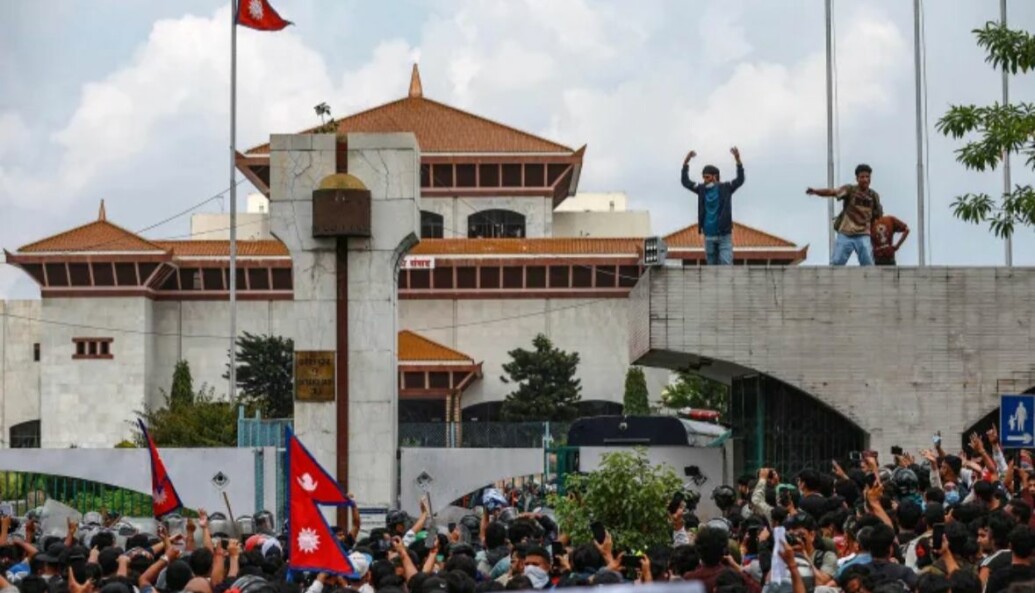The ‘Nepo Kids Nepal’ trend has taken over Nepalese TikTok, highlighting the lavish lifestyles of political leaders’ children — a striking contrast to the everyday struggles of the average Nepalese citizen. The trend, which was also evident in countries like the Philippines and Indonesia, sparked anti-government protests in Indonesia just a few weeks ago, as citizens rallied against the excessive benefits that political leaders were enjoying while average citizens struggled due to high taxes and housing costs.
Although things appear to have cooled down in Indonesia, following the popularisation of the trend in Nepal, citizens took to the streets to protest against the lavish benefits that political leaders were enjoying at the expense of their citizens. The popularity of this trend did not just start a movement by the citizens, but it also led to the Nepalese Government implementing a social media ban, spanning across platforms such as Twitter, Facebook, Instagram, and WhatsApp, citing that these companies had failed to register and submit to government oversight.
The ban finally led to a week of protests, now called 'Gen-Z' protests, which saw thousands of citizens staging a sit-in at several cities across Nepal, defying an indefinite curfew that was also implemented by the Government.
While it is unclear when the protests escalated, these protests are now being defined as Nepal's worst unrest in decades, as 19 people in two cities have been killed after police intervention, with the forces using tear gas and rubber bullets against the protestors.
Similar to the protests in Indonesia, the Nepalese protests have also caught the eye of the international audience, as some of the youth protestors stormed into the Nepalese Parliament complex in Kathmandu and set fire to the building. According to Al Jazeera, witnesses also claimed that protestors have set fire to the homes of several political leaders.
Videos also showcase protestors confronting and attacking the former Prime Minister Sher Bahadur Deuba and his wife, along with the Foreign Minister Arzu Rana and Finance Minister Bishu Paudel.
While it may be easy to dismiss the protests as excessive, Nepalese citizens have long grappled with deep-rooted corruption, which has made securing employment within the state increasingly difficult. According to Al Jazeera, as economic opportunities in Nepal remain scarce, millions of Nepalese citizens have been seeking work abroad to send money back home to support their families and sustain their livelihoods.
Al Jazeera also noted some important statistics to consider at this time, noting that youth unemployment is running at around 20 percent in 2024 as reported by the World Bank, with an estimated 2,000 young people leaving the country every day to find work in the Middle East or Southeast Asia due to the lack of opportunities in the country.
Following a week of protests, violence, and deaths, the Minister of Communication and Information Technology, and Government Spokesperson, Prithvi Subba Gurung, announced on 09 September 2025 that a late-night cabinet meeting had decided to lift the social media ban that was implemented. In addition to this change, the Prime Minister of the country has also put in his resignation following the mass criticism over the political elite of the country.
Although the ban was lifted and the PM of the country resigned, it appears that the situation continues in Nepal. The Gen-Z movement, which has been painted as the instigators of violent protests, has now stated that those who went beyond their plans for the protests will not be recognised by the group and urged for peace.







